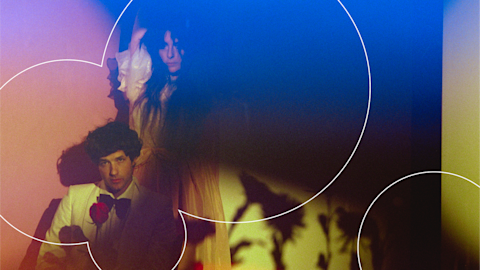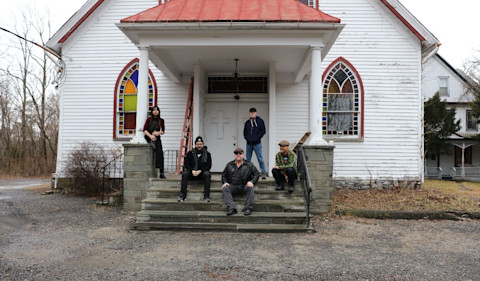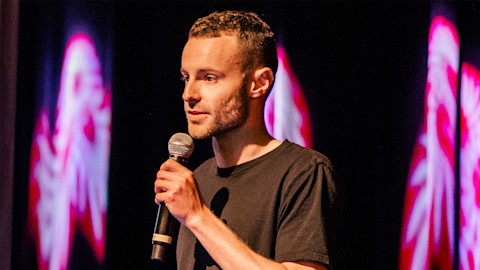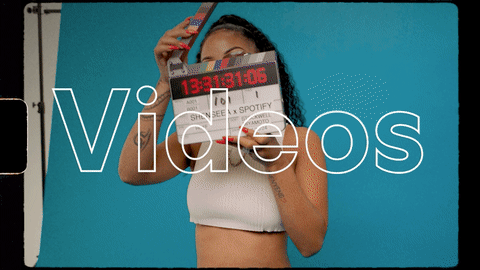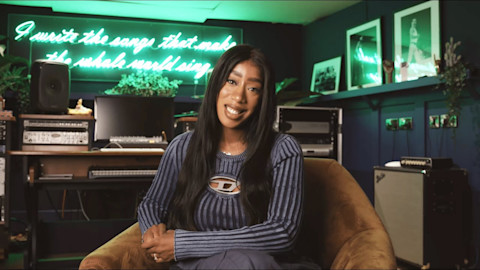Emily Lazar makes records sound as good as they can. As a mastering engineer, she’s figured out how to make records by the likes of The Beatles, Foo Fighters, Coldplay, and Panic! At The Disco sound good no matter where they’re being listened to—through headphones on a run or at the beach, through Spotify or on a vinyl LP. Her mastering work on Beck’s Colors garnered her her first GRAMMY®️ when the album won the Best Engineered Album (Non-Classical) award in 2019, and her mastering of Vampire Weekend’s Father of the Bride nabbed her another nomination when it was among the Album of the Year nominees in 2020.
Lazar, who founded and is the chief mastering engineer at the New York studio The Lodge, has a keen ear that’s helped more than 4,000 albums sound their best. We asked her how she got into mastering, what her approach is when working with artists, and what advice she has for aspiring engineers.
Spotify for Artists: Describe what you do, and give us the short story of how you got there.
Emily Lazar: A mastering engineer takes either stereo or multichannel audio and prepares it for distribution. That can mean making it sound its best on physical media such as vinyl, cassette, and CD, or on broadcasted formats such as radio, TV, and film, or for digital streaming on platforms such as Spotify. But it’s really so much more than that. Mastering is an art just as much as it is a science, and I believe the best mastering engineers approach the task with creativity and out-of-the-box ideology.
Just as the mastering engineer is charged with the task of making sure that final masters translate well across all of the many possible formats available, it is the mastering engineer’s job to make sure it sounds equally good on the different playback scenarios. This ranges from in-ear headphones to laptop speakers to audiophile speakers to large PA systems—it needs to sound its best in each situation. Because mastering is typically the last stop before music is released to the consumer, it’s a unique part of the process where lots of decisions are finalized.
I started out as a songwriter and musician, playing in bands throughout high school and college. As an artist, I loved spending time in the studio recording my music but was ultimately frustrated because it simply wasn’t coming out the way I had envisioned.
Ultimately, I wanted to be in control of what it sounded like, and working as an engineer and producer gave me the control I was desperately seeking. After jobs at a few well-known recording studios in New York City, I attended NYU and earned my Masters in Music Technology. After graduating, I worked at a renowned mastering facility, and that was where I really started to hone my skill set and focus on how I wanted to approach the art of mastering. A few years into it, I received a call from the Music Technology department chair at NYU, who asked if I’d be interested in joining the faculty at NYU to teach graduate-level coursework in their Tonmeister Studies program with a focus on mastering. I accepted and started teaching that summer. At that time, I had also been dreaming and scheming about putting together plans for building my own studio. The next year, in 1997, I opened the doors to The Lodge—a boutique studio designed to be an alternative to the traditional types of mastering houses that existed prior. The Lodge was built to provide a welcoming environment where all creators, artists, producers, and mixers would feel comfortable investigating whatever is necessary to complete their album.
Is there an artist you were a fan of growing up, a story you heard, or an artist you crossed paths with at some point that sparked you to pursue this as a career?
I always knew I wanted to pursue music in some way. I was raised in a musical home—my mom taught guitar, I was always writing songs and playing. But I had no idea that mastering engineers existed when I was growing up. It was actually going into the studio to record with my own band that sparked my interest in pursuing this as a career.
What do you look for in an artist you want to work with? Who are some of the artists you currently or recently worked with, and how do they align with that ideal?
I appreciate all kinds of artists. It’s a fun challenge to work with artists that have a unique and very defined idea about the end result, because while they know their destination, I have the opportunity to help navigate the twists and turns to get them there. It’s also great to work with artists who are open-minded and don’t have a set idea in advance. Some amazing things can happen during the mastering process, and I really enjoy collaborating—offering a suggestion or alternate possibilities can change the way an entire album is framed.
I take pride in every project that I work on. There have been so many wonderful albums that have come through The Lodge throughout the years—more than 4,000 to date—that naming one over any other is impossible. I consider all of the albums I’ve made as "babies" I’ve delivered. Just like you can’t pick a favorite child, I can’t pick a favorite artist or album!
What's the biggest tool at an artist's disposal in 2020 from your perspective, and why do you see it that way?
I’m excited about the ability to record and release music in VR and immersive audio formats like 5.1 Surround, Dolby Atmos, and Sony 360. It’s a new frontier for both the creators and the consumers and a new chance to really capture what happens in the studio. The emotion of the performance, the dynamics of the music, and all of the details of the instrumentation can be heard in a noticeably different way. Having worked in these new formats, I can confidently say it’s an incredible opportunity to really sit inside the music.
What's the best advice you have for any artist just starting out?
Trust your gut. Trust your ears. This is advice for everyone, not just artists at the beginning of their careers. Have confidence in the creative direction you’ve chosen. Surround yourself with people who can help you get your sound and vision across. Success in any career requires clarity of purpose and direction. It’s important to have that confidence in the sonic picture you envision in your own head, and to be direct about painting that picture.
—Maura Johnston
